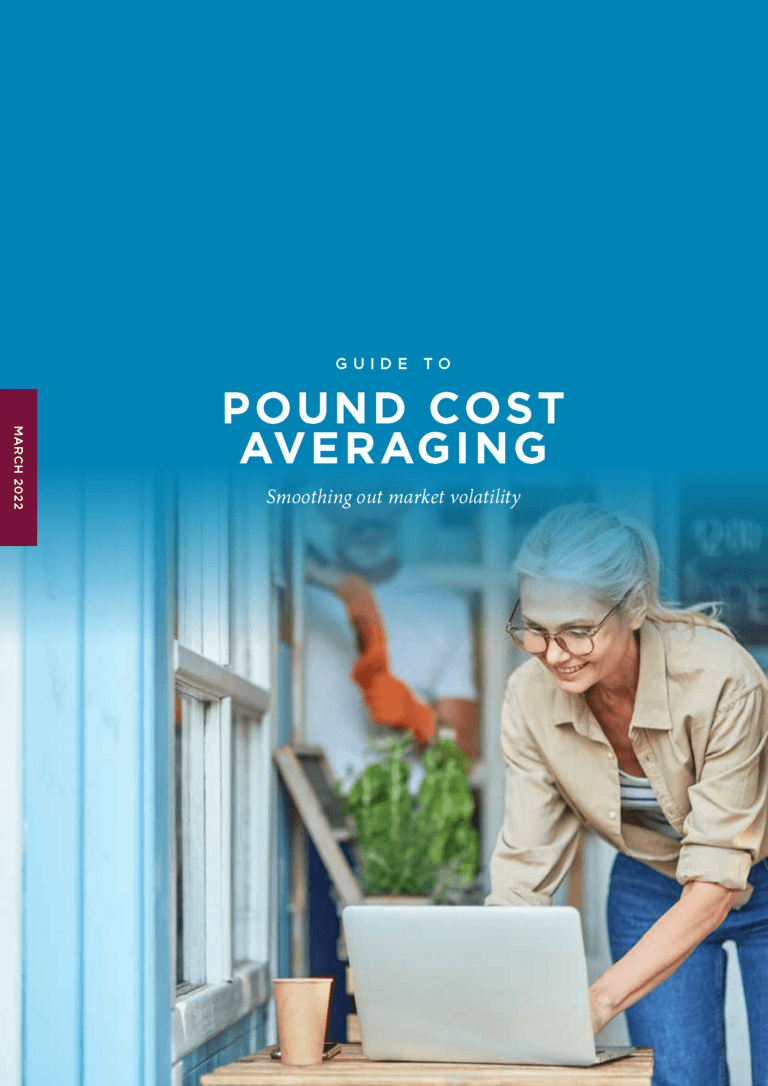Many of us are taking steps to tackle some of the big environmental challenges we face. This might be switching to an energy tariff that utilises solar and wind power, reducing plastic use or ensuring our money is invested sustainably.
There is now a wide range of ‘green’ investment products and funds, designed to appeal to the eight out of ten adults who say they would like to see their investments ‘do some good’ as well as deliver a financial return.
Until now, it has been difficult for ordinary investors to see whether the underlying investment strategy matches environmental claims, leading to industry concerns around ‘greenwashing’ — a term used to describe misleading advertising or marketing around, for example, sustainability-related claims.
Accurate marketing
The Financial Conduct Authority introduced a new anti-greenwashing rule from 31 May 2024 to tackle this problem. These clarified terms that related to sustainability, such as ‘green’, ‘responsible’ and so on. A separate set of rules came in from July 2024 on product labelling and disclosure to help investors better understand how their money is being invested, aiding consumer choice.
Financial companies also now need to evidence relevant marketing claims, whether they relate to green credentials, sustainability or having a positive impact on the environment or wider society. This should enable regulators to act against firms who say one thing but do another when it comes to environmental and sustainability claims on funds.
Gaining trust
As a result, there may be fewer ‘green’ investment products on the market, but investors should have confidence that those remaining are proven sustainable investment options, that do what they say on the tin.
The value of an investment and the income from it could go down as well as up. The return at the end of the investment period is not guaranteed and you may get back less than you originally invested.











